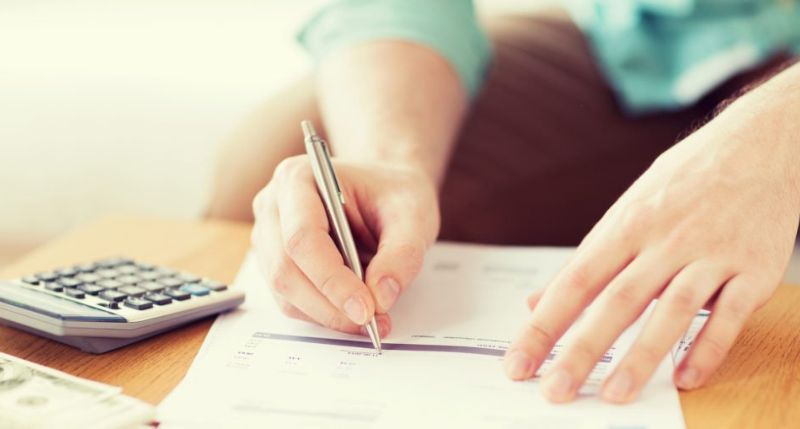
Having your debts paid is a crucial part of running a successful business.
Clients failing to pay their invoices on time can have a detrimental impact on your business, causing worry and cashflow problems, and can even result in your business reaching breaking point if it’s allowed to continue.
In short, commercial debt recovery is when a business’s unpaid debts or payments are recovered from the liable party.
This might include recovering debt from unpaid invoices or loans to name a few financial liabilities that are included within commercial debt recovery.
Recovering money from difficult debtors can be a challenging and time-consuming process that takes your attention away from your business.
The commercial debt recovery process also often requires specialised advice, which is why seeking legal advice is recommended.
A commercial litigation solicitor will be able to help you to recover any debts, including any accrued interest as well as debt recovery fees.
What To Do If A Client Doesn’t Pay An Invoice
Recovering money isn’t always a straightforward process, particularly if debtors aren’t aware that money is owed.
Additionally, some debtors might be burying their heads in the sand, delaying addressing any money they owe until they’re forced to pay it back.
The process for debt recovery should include the following steps:
- Invoice your client
- Chase the invoice
- Cease work on their account
- Seek legal advice
- Provide a final notice
- Pursue legal action
1. Invoice Your Client
The first step of commercial debt recovery is to invoice your client as normal.
Generally speaking, you and your client will have already agreed on payment terms. Payment terms are set by the government if you have not.
From here, you should wait until you receive confirmation that you’ve received payment for the service you’ve provided.
2. Chase The Invoice
While each business is different, it’s normal to have a payment term of 30 days set out at the bottom of the invoice.
If your client has failed to pay their invoice on time, then you will need to chase the invoice.
To do this, you’ll need to send emails and make phone calls to politely remind your customer that they need to pay for the work that has been completed.
3. Cease Work On Their Account
A way to prompt your client to pay outstanding invoices is to cease work on their account until their debt is paid.
This is occasionally referred to as a credit hold, meaning that any work stops as a result of a lack of funding.
Oftentimes, this can solve the issue as their business will likely suffer as a result of you pausing the work.
That said, if your client is burying their head in the sand due to financial difficulties, then this could be fruitless. In this case, there are other options.
4. Seek Legal Advice
At this stage, it’s important to seek legal advice from a commercial litigation solicitor.
Debt recovery can be complicated, and you need professional support to understand what steps you need to take next.
A commercial litigation solicitor will be able to provide you with important advice, including information on what to include in your written final notice.
5. Provide A Final Notice
Within the final notice, you should let your client know how long they have to settle any debts with you before you begin pursuing legal action.
Under the law in England and Wales, if you are owed money you have six years from when it is owed to take action against the debtor, amongst other rules that your solicitor will inform you of before you start legal proceedings against the debtor.
If the final notice still doesn’t urge the debtor to pay, then there are different options available for pursuing legal action.
6. Pursue Legal Action
If you’ve been unsuccessful in recovering the debt, pursuing legal action against your client is the best course of action.
Depending on the amount of money that you are owed, this will entail the small claims court or debt collection.
Small Claims Court
The small claims court will allow both parties to mediate and come to a conclusion.
The small claims court is generally the course of action taken if a claim is for less than £10,000.
How We Can Help
At Harding Evans, our debt recovery strategy aims to achieve the best outcome for everyone.
Our specialist debt recovery team includes qualified solicitors, and we are one of the few UK law firms to have our own in-house qualified bailiffs.
If your business is struggling to recover commercial debts, get in touch with our team today.







